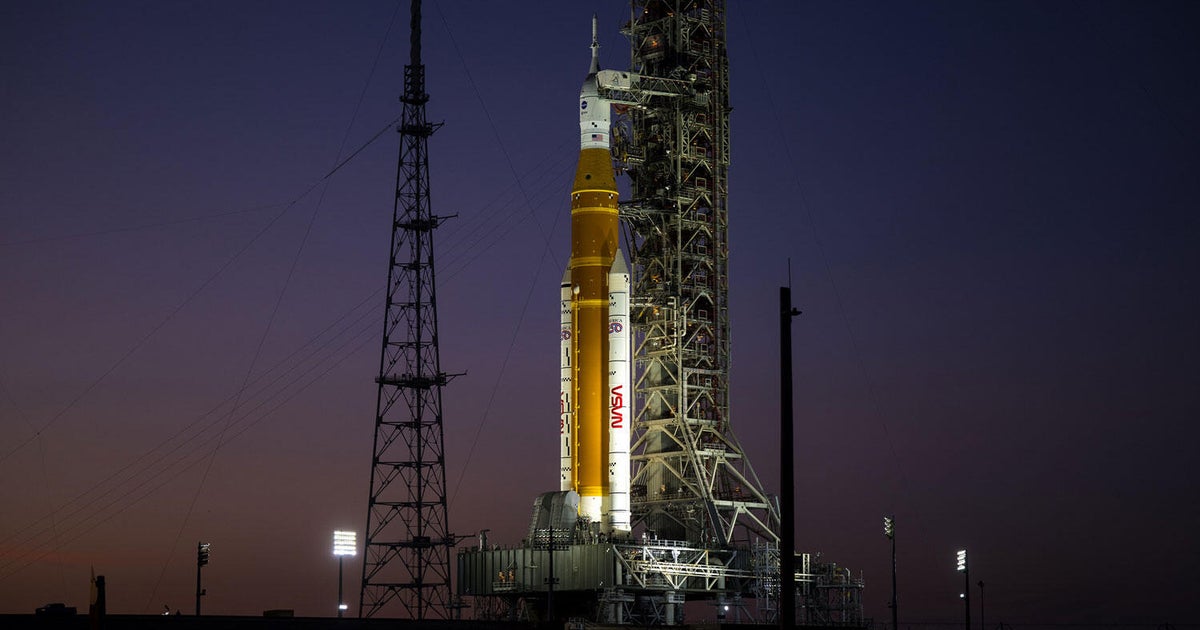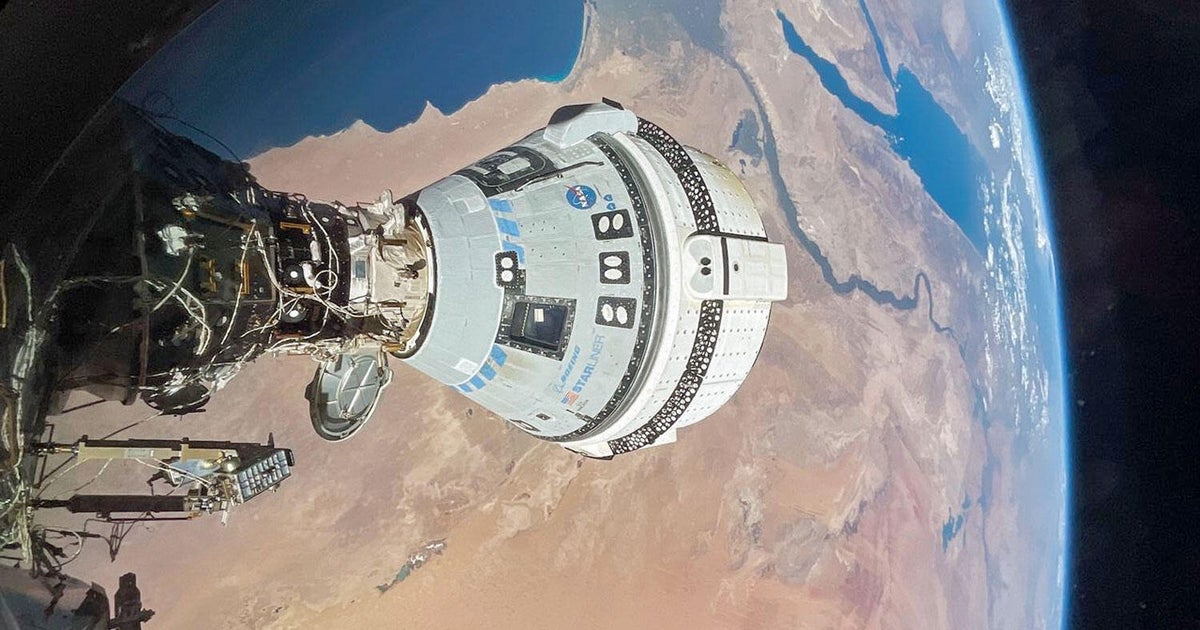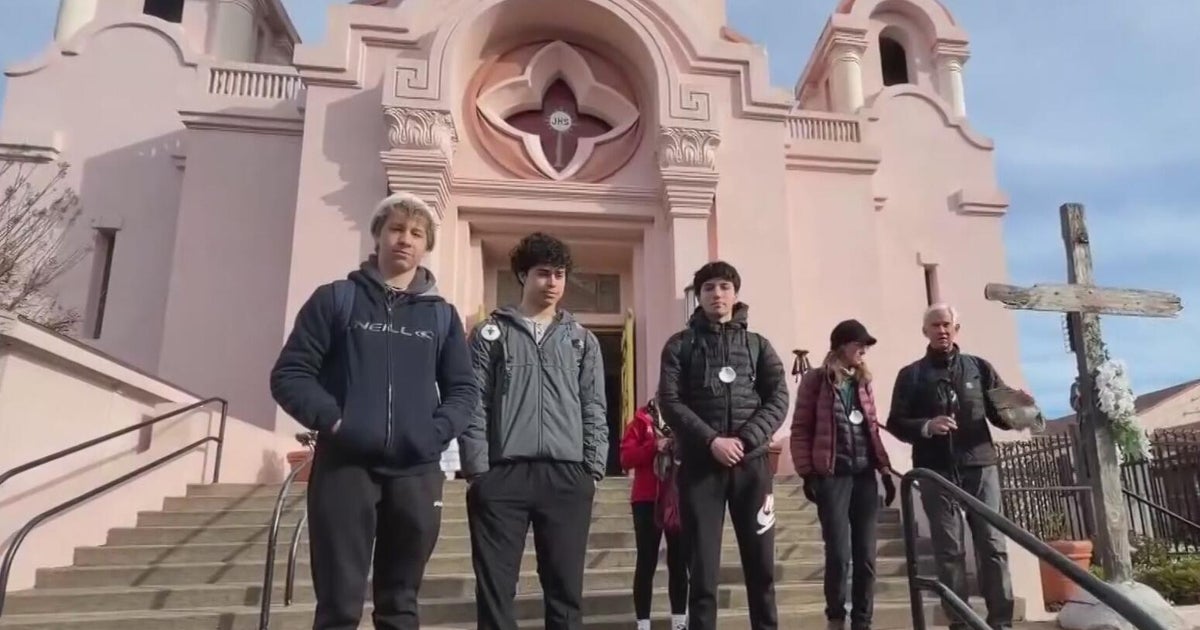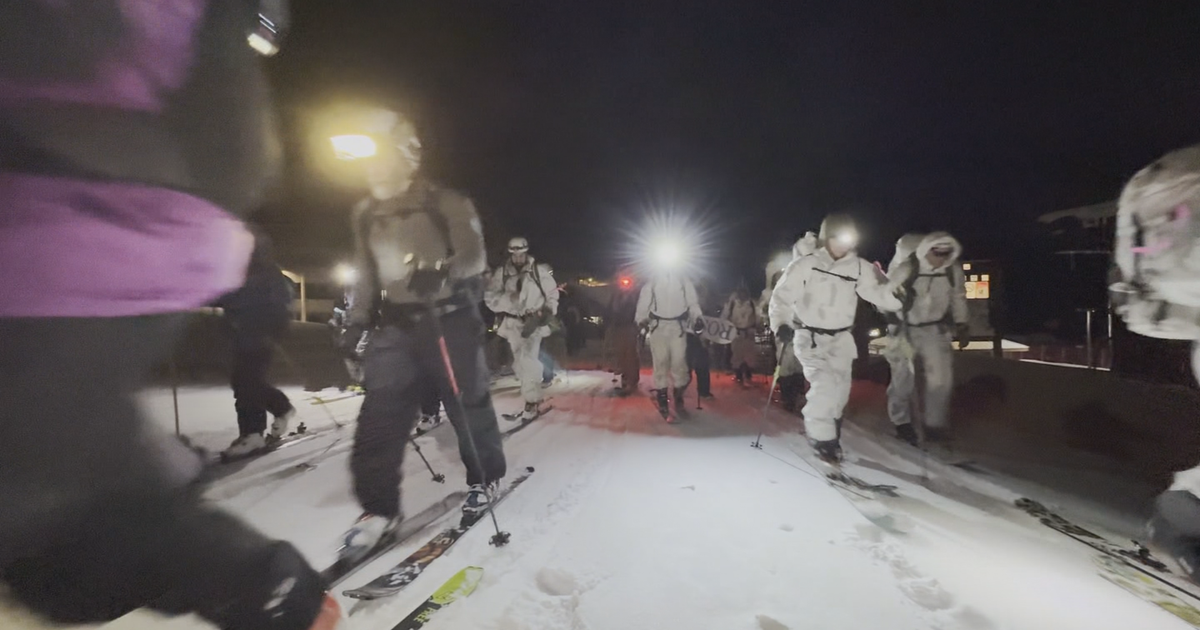NASA astronauts on being selected for Artemis II mission: "We won the astronaut Powerball"
A team of four astronauts has been recently selected to embark on the first mission around the moon in over 50 years. On Monday, NASA introduced the crew who will be aboard for the Artemis program's second fight.
The crew includes U.S. Navy Captain Reid Wiseman, who will serve as the mission commander; Victor Glover, who is the first Black astronaut to undertake a prolonged spaceflight; Christina Koch, who was a part of the first three all-female spacewalks; and Canadian Jeremy Hansen, who is the sole rookie astronaut aboard.
The astronauts expressed their excitement at their selection.
"Wait, wait! We won the astronaut Powerball," Glover said. "We know how big this moment is, and I personally feel it's so much bigger than me or my name being attached to it."
The upcoming crew will undergo an 18-month training program, during which they will be utilizing a replica Orion capsule.
Their mission will mark them as part of an exclusive group of merely two dozen Americans who have had the rare opportunity to observe the moon up close.
Weiss acknowledged that there is definitely some nervousness about the upcoming mission. However, he said the crew is prepared to take on this challenge.
"Is there trepidation? Absolutely, it's the first crewed flight of a vehicle. But we're like, that's what we live for," Weiss said.
"We are taught as astronauts to turn that fear, as you may call it, and turn it into focus and our focus is 100% on being successful in this vehicle," Koch said.
NASA plans to follow up the upcoming lunar fly-by mission with a moon landing expedition. The moon is perceived as a testing site for NASA's ultimate objective: Mars.
Following the successful Artemis I launch in November, NASA has scheduled Artemis II to be the second voyage of the colossal SLS rocket, likely late next year. This will also be the first instance when the Orion capsule employs its complete life support system.
The success of the Artemis II mission is crucial for NASA to have any chance of executing a moon landing with Artemis III sometime later this decade.









